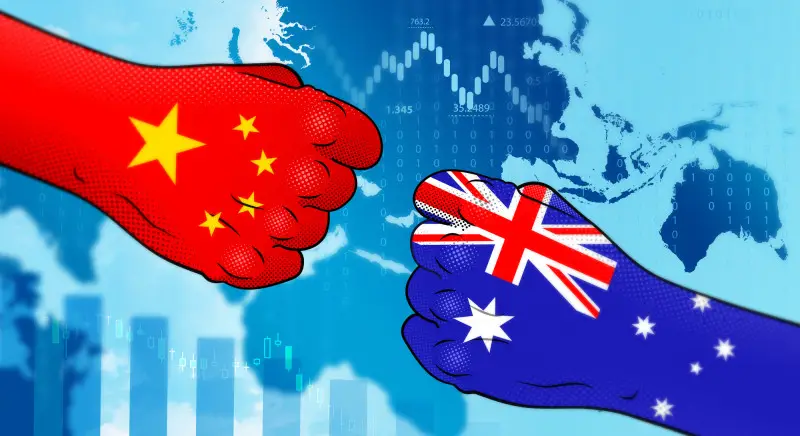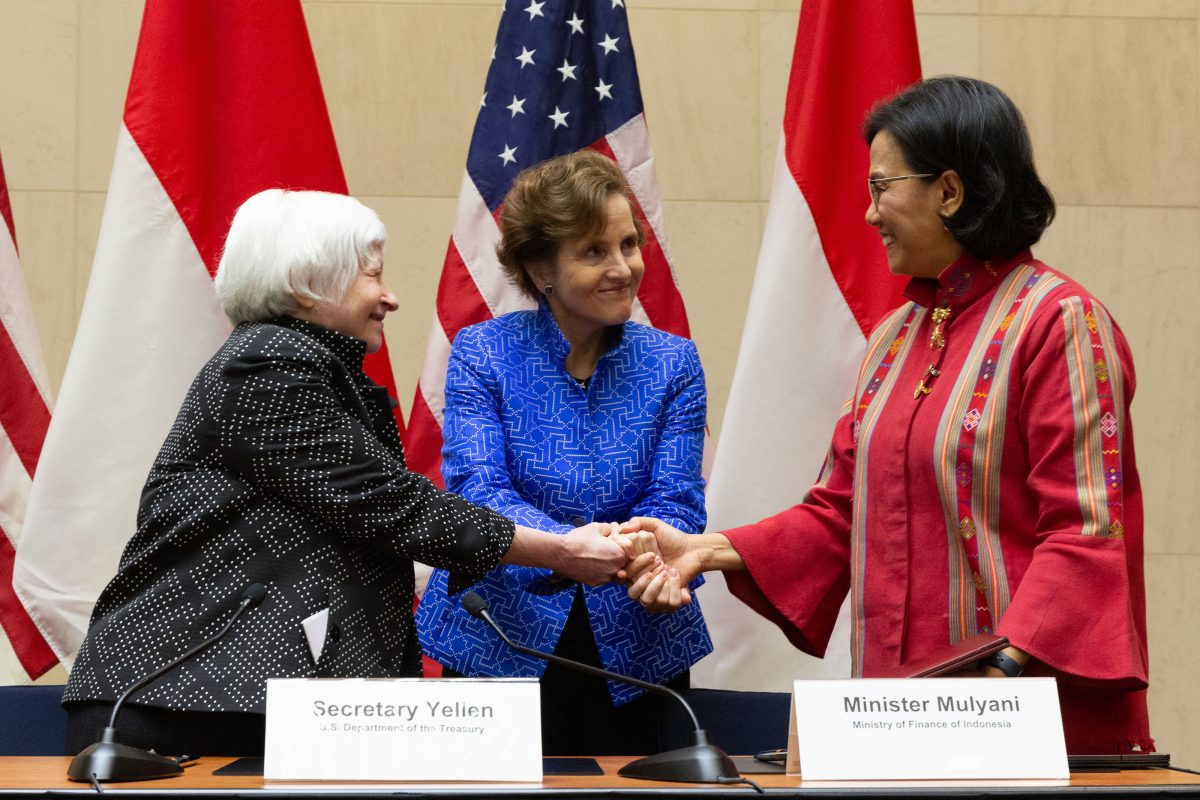Alright, folks, let’s talk about the Australian election results. China has officially congratulated Anthony Albanese and the Labor Party on their victory, and frankly, it’s a move that’s been long anticipated. Beijing is signaling a desire to get back to business, stating a willingness to build a ‘more mature, stable, and fruitful’ strategic partnership.
But let’s be real – ‘fruitful’ for whom? This isn’t just about good vibes. It’s about regaining access to crucial resource markets, putting aside the recent diplomatic frost, and hopefully, a return to some semblance of predictable trade relations. The key phrase here is adhering to the ‘important consensus’ reached between leaders – meaning, avoiding the sharp rhetoric and policy swings we’ve seen lately.
This shift is significant. It suggests a path away from the escalating tensions of the previous administration. However, don’t expect a complete 180 overnight.
Here’s a little background for those newer to this saga:
The Sino-Australian relationship has been complex, built on strong economic ties – primarily China’s demand for Australian iron ore, coal, and agricultural products. However, recent years have seen escalating disputes encompassing trade, investment, and national security concerns.
Australia, under the previous government, moved closer to the US security alliance, raising concerns in Beijing about containment. Conversely, China’s assertive foreign policy and concerns about interference in Australian affairs fueled distrust.
The new Labor government faces a delicate balancing act. They need to navigate maintaining a strong alliance with the US while also preserving the incredibly valuable economic relationship with China. This is a tightrope walk with high stakes.
Ultimately, this congratulatory message is a first step. The real test will be in the details, and whether Beijing can translate rhetoric into tangible policy changes. It’s a situation I’ll be watching very closely – and you should too.






:max_bytes(150000):strip_icc()/MicroStrategyitschairmanMichaelSaylorandbitcoin-7ff7439c8a2543dd96b43baac69d2f55.jpg)
